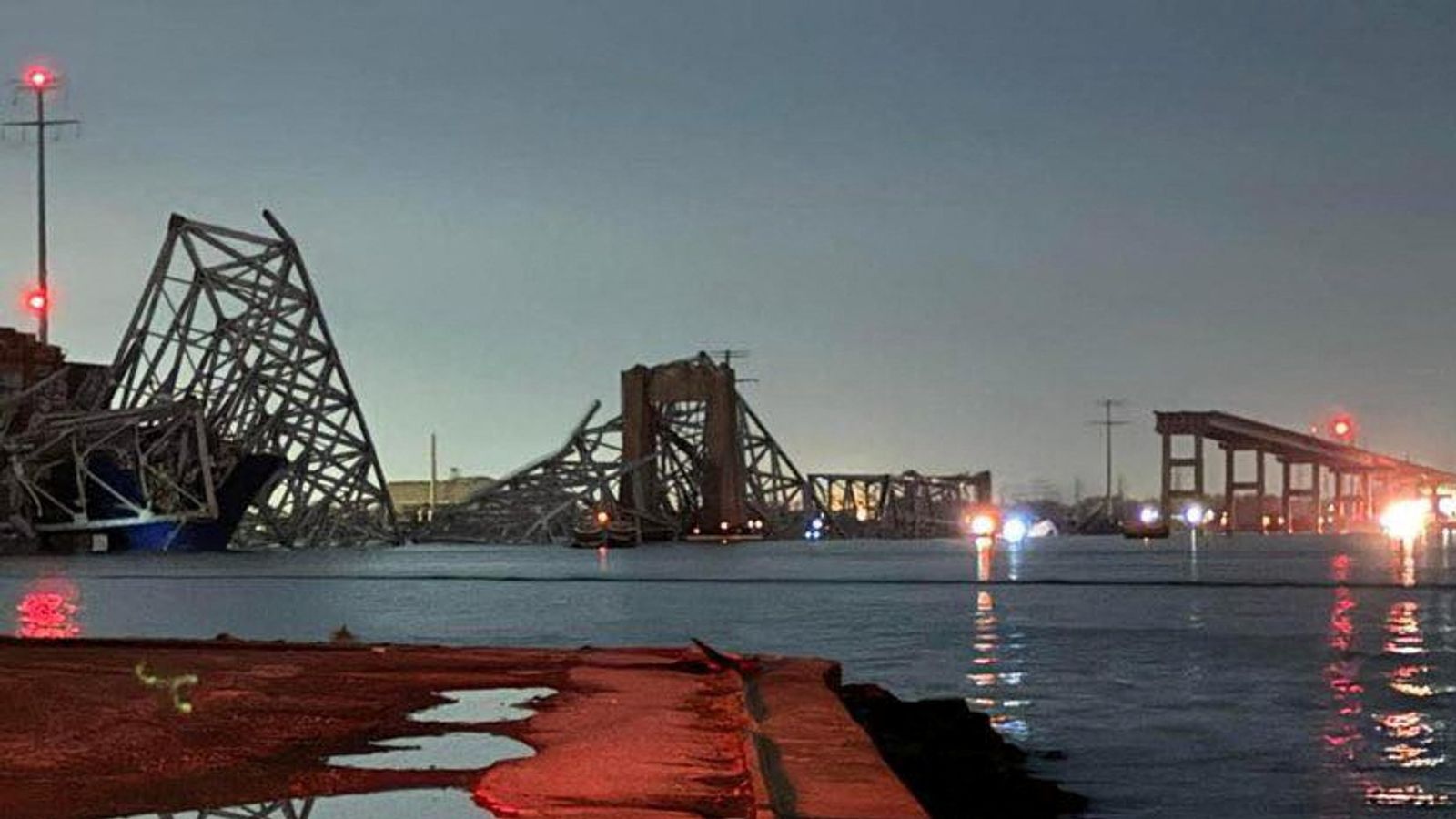
The Francis Scott Key Bridge in Baltimore collapsed into the Patapsco River on Tuesday after being struck by the massive container ship Dali. According to Bloomberg, legal experts believe that the Titanic law could enable the ship’s owner, Singapore-based Grace Ocean, to limit its liability for damages.
However, the owner may still be required to pay millions of dollars in damage claims. Six people working on the bridge who fell into the sea and went missing are presumed dead.
What is the Titanic law?
The Titanic’s owner used the law from the nineteenth century to minimize its payout for the ship’s disaster in 1912. The regulation can protect shipping giants from experiencing significant losses as a result of maritime tragedies.
Martin Davies, director of Tulane University’s Maritime Law Center, claims that the 1851 law could reduce the exposure by tens of millions of dollars by capping the ship owner’s liability at the value of the vessel after the crash, plus any revenue it generated from carrying the freight on board.
“It’s a very unusual casualty in one respect, particularly because of this footage of the whole bridge falling. But in many ways, it’s not unusual, because ships collide and there’s damage and there’s injury all the time,” said Davies.
The ship owner’s insurance would also assist the corporation in dealing with legal issues, according to the report. Insurance claims will be based on determining whether the accident was caused by negligence, and if so, by whom, or by mechanical failure.
The ship is insured by the Britannia Protection and Indemnity Club, a mutual insurance company owned by shipping corporations. It’s one of twelve clubs that comprise the International Group of P&I Clubs.
According to Bloomberg, insurance claims for damage to the bridge might total $1.2 billion. Meanwhile, claims for wrongful death and business disruption, in which a company claims economic losses from an accident, are expected to range between $350 million and $700 million.
The sum sought in wrongful death lawsuits is determined by each victim’s age and earning capacity. Families of the bridge workers who are now thought deceased can file workers’ compensation claims against the employer through its insurance, according to Charles Gilman, a personal injury lawyer in Maryland.
“I think you’re going to see all sorts of lawsuits from all sorts of angles, against every defendant that could possibly be named,” said Gilman.
Gilman added that similar claims are likely to be brought shortly, and that the list of defendants will shrink as more information about who may be accountable emerges.






